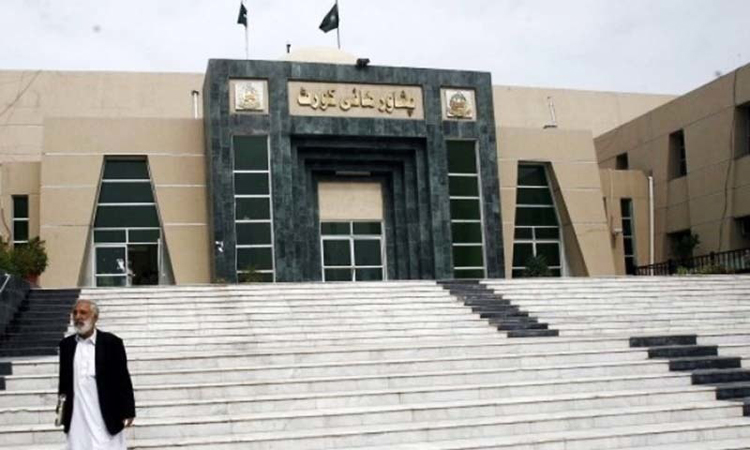Bar extended on oath-taking of MNAs on reserved seats

A five-member larger bench of the provincial high court, headed by Justice Ishtiaq Ibrahim, heard the petition filed by the PTI-backed Sunni Ittehad Council (SIC).
PTI lawyer Babar Awan informing the court informed the court about the presidential elections scheduled for March 9 and argued that a party with 93 seats in the lower house was not awarded its due share of reserve seats, while other parties with just a seat each were allotted two reserve seats.
Awan said the electoral watchdog “gifted” the reserve seats to other parties. Additional Attorney General Sanaullah sought time for the preparation of arguments in the case and informed the court that the attorney general was busy with another case being heard in the Supreme Court.
The judge summoned AGP at the next hearing and extended the stay on the PTI petition till March 13.
Yesterday, a two-member bench of PHC restrained the lawmakers from taking oath for a day and referred the case to the PHC chief justice for the formation of a larger bench.
The bench noted that a larger bench will have to determine whether the PHC has jurisdiction to adjudicate the matter and if the petitioner (PTI) has locus standi to file the petition.
During the hearing, Justice Ibrahim inquired whether this case is limited to the K-P or extends to the entire country. The PTI’s lawyer, Qazi Anwar, stated that the ECP made a uniform decision on seats in the National Assembly and provincial assemblies. “Our reserved seats cannot be constitutionally or legally divided among other parties. We request the court to prevent those who will take oath on those reserved seats,” he said.
Separately, the SIC, has filed a petition in the Lahore High Court (LHC) challenging the recent decision of the Election Commission of Pakistan (ECP) to allocate reserved seats meant for it to other political parties. In the petition, SIC Chairman Sahibzada Muhammad Hamid Raza labeled the ECP’s order as unconstitutional and requested the court to suspend its operation. The petition also urged the court to restrain the respondents from taking oath until a final decision is reached.
The SIC argued that the ECP’s allocation of reserved seats was not in line with the Constitution and requested the court to direct the commission to allocate seats based on the party’s strength in the National Assembly and the provincial assembly of Punjab.
Advocate Ishtiaq A. Khan, representing the SIC, contended that the petitioner had written four letters to the ECP on February 21, 2024, seeking the party’s rightful share in the reserved seats. The ECP, however, allegedly ignored these requests and scheduled a preliminary hearing on February 27, 2024.
The petition further highlighted that the ECP, in its order announced on March 4, 2024, refused to allocate the reserved seats to the SIC and directed them to be allotted to other parties. The SIC argued that the ECP misinterpreted and misapplied the relevant provisions of the Constitution and the Election Act, 2017.
“The entire scheme of the ‘reserved seats’ as provided in the Constitution does not envisage the ‘allocation of any reserved seat’ to a ‘political party’ over and above its due share ‘proportionate to the number of seats it has won,” the petition stated.
The SIC’s chairman emphasised that the election commission’s reliance on the election schedule and date for submission of the priority list, as per Section 104 of the Election Act, should not supersede the provisions of Article 51 of the Constitution.
Leave a Comment